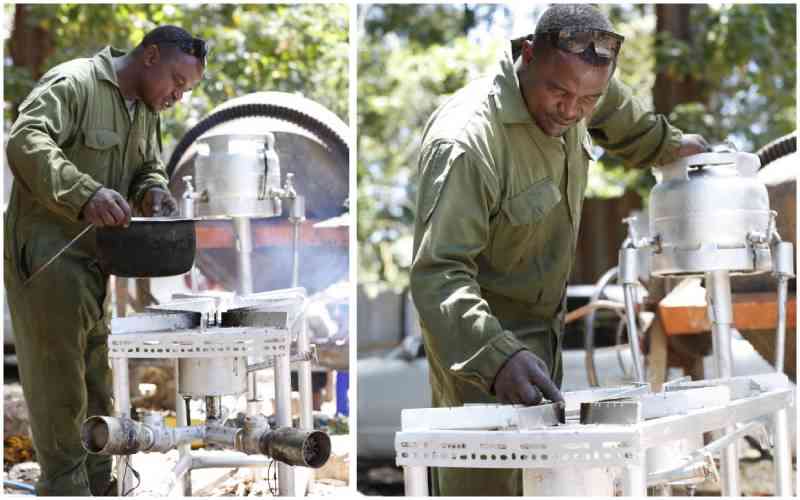×
The Standard e-Paper
Home To Bold Columnists

Widespread use of traditional stoves has been cited as one of the significant contributors to climate change.
These cooking appliances not only consume large amounts of fuel but also emit copious amounts of harmful greenhouse gases.